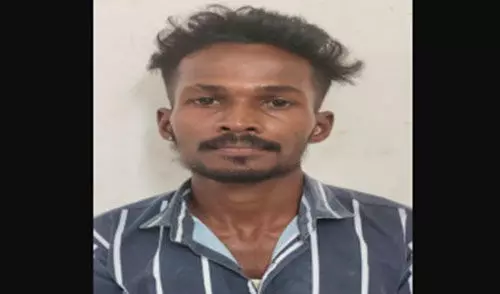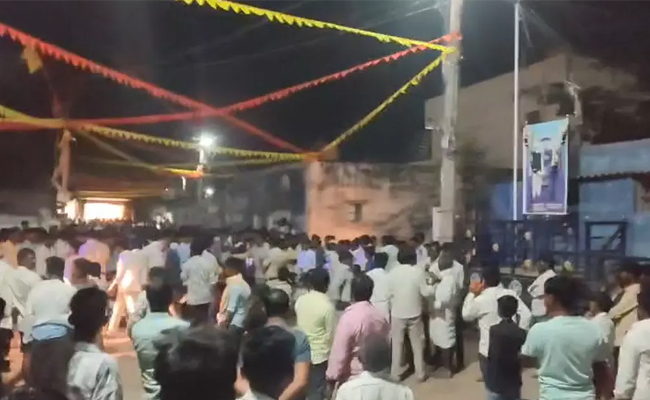Mangaluru: Kadri Police officers have arrested a 36-year-old man who has been accused of obtaining the mobile phone numbers of young women through social media and extorting money by threatening the women using pornographic videos.
The accused arrested is identified as Satish Hosamaru, a resident of Idu village of Karkala. He had allegedly obtained the phone numbers of the women through their Instagram and Facebook IDs and blackmailed them, claiming he had their pornographic videos and demanding money from them.
One of the women threatened by the arrested man filed a police complaint. She had also informed the police that she had been warned that the videos would be made viral on social media if she did not give him the money.
Kadri Police, who registered a case based on her complaint, probed the matter and arrested Hosamaru. They have also confiscated the arrested man’s mobile phone and are learned to have found documents related to the case on the phone.
Police have said that cases of theft and rape and defamation of a woman were booked against the arrested man in Karkala Town and Rural Police Stations. Hosamaru had also served a jail sentence in a theft case filed in Karkala Town Police Station one year ago, they added.
The investigation team included Kadri Inspector Somashekhar JC, Assistant Inspector Manohar Prasad and Criminal Investigation Department personnel.
Let the Truth be known. If you read VB and like VB, please be a VB Supporter and Help us deliver the Truth to one and all.
Koppal: Tension prevailed in Halwarti village of Koppal taluk after a clash reportedly broke out between members of Dalit and upper-caste communities over the hoisting of an Ambedkar flag during the Beeralingeshwara fair.
According to police, a verbal argument between youths from the two communities escalated into a physical confrontation, leading to unrest in the village.
In a related development, it has been alleged that members of the upper-caste community entered the house of a Dalit youth, identified as Gavisiddappa Hosamani, damaged the door and vandalised the front portion of the house.
As a precautionary measure, additional police personnel have been deployed in the village to maintain law and order.
Police said a complaint has been registered at the Koppal Rural Police Station and five persons have been arrested in connection with the incident. Further investigation is under way.





